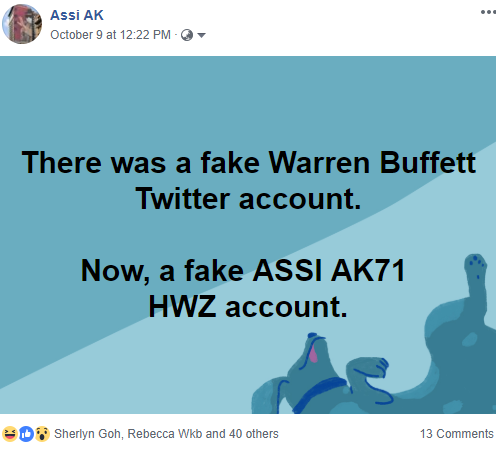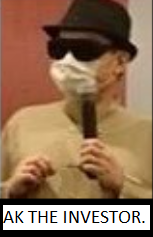I am sure that some of us have thought of when we might be able to retire from active employment before. So, this conversation with a reader might be of interest to some:
Reader says...
I am 32 this year and I planned to achieve financial independence by 40. I actually realised it is easier to achieve lump sum cumulative retirement fund than passive income > expenses.
Few reasons:
1) returns are ups and downs
2) To generate a decent passive income, the invested amount must be at least $600,000 to generate $30,000 at 5%.
3) I don't really need that much money to live the life i want, so about $550,000, coupled with my private annuity and CPF Life will be sufficient.
4) Invest in safe money instrument such as Singapore Saving Bond, OCBC 360, and so on to get between 2-3% return.
5) Once a while gain some profits from Bear markets or obviously under-valued shares
I think passive income is great because it generate lifetime income, but I still think it is not a must for early financial independence.
Based on your financial knowledge, you think my figures and reasoning are sound?
I actually felt topping up CPF is not an option for me because I got child, NS, annuity and other relief that I can be exempted from taxes for years. Since obviously I don't have spare cash as I am aiming for early retirement, I think topping up CPF is a no go, right?
 |
| Retire with peace of mind. |
My reply:
If we have a very simple lifestyle, we don't need too much money to be financially free. You are absolutely right. Everyone will have a figure in mind, I am sure. So, how much do we need? This is very subjective.
I cannot tell you if your figures are sound enough for what you have in mind. Only you will know this, even if it is just an estimate. ;)
Is your reasoning sound?
Well, if we wish to retire very early and retiring in our 40s is considered very early by most people, I feel that we need a bigger buffer unless we are willing to consider the option of re-joining the workforce if things should go wrong.
If we do not invest for income, retiring at 40, $550,000 in savings won't last very long especially with a family to support.
The CPF Life will only start paying us at age 65. OCBC 360 only pays a higher interest on the first $50K and once you stop working, you will lose that extra 1% interest from salary crediting.
SSB, you will only get the full coupon of 2+% if you hold for the full 10 years. It isn't very liquid that way.
Inflation is probably the biggest threat to your plan.
Investing for income, the returns could keep pace with inflation or even beat inflation.
Not investing for income, it is likely that your wealth will shrink in value, year after year.
For me, it should be about having a level of certainty that our assets are not being chipped away in our retirement and that they are, in fact, generating meaningful income to help fund our retirement.
Then, we can retire with peace of mind. :)
I certainly do not know everything and, perhaps, this blog post will generate a meaningful discussion which will provide different points of view.
Related posts:
1. National Day Rally: Retirement adequacy.
2. Retiring before 60 is not a dream.
3. Millionaire or not, plan for retirement.























